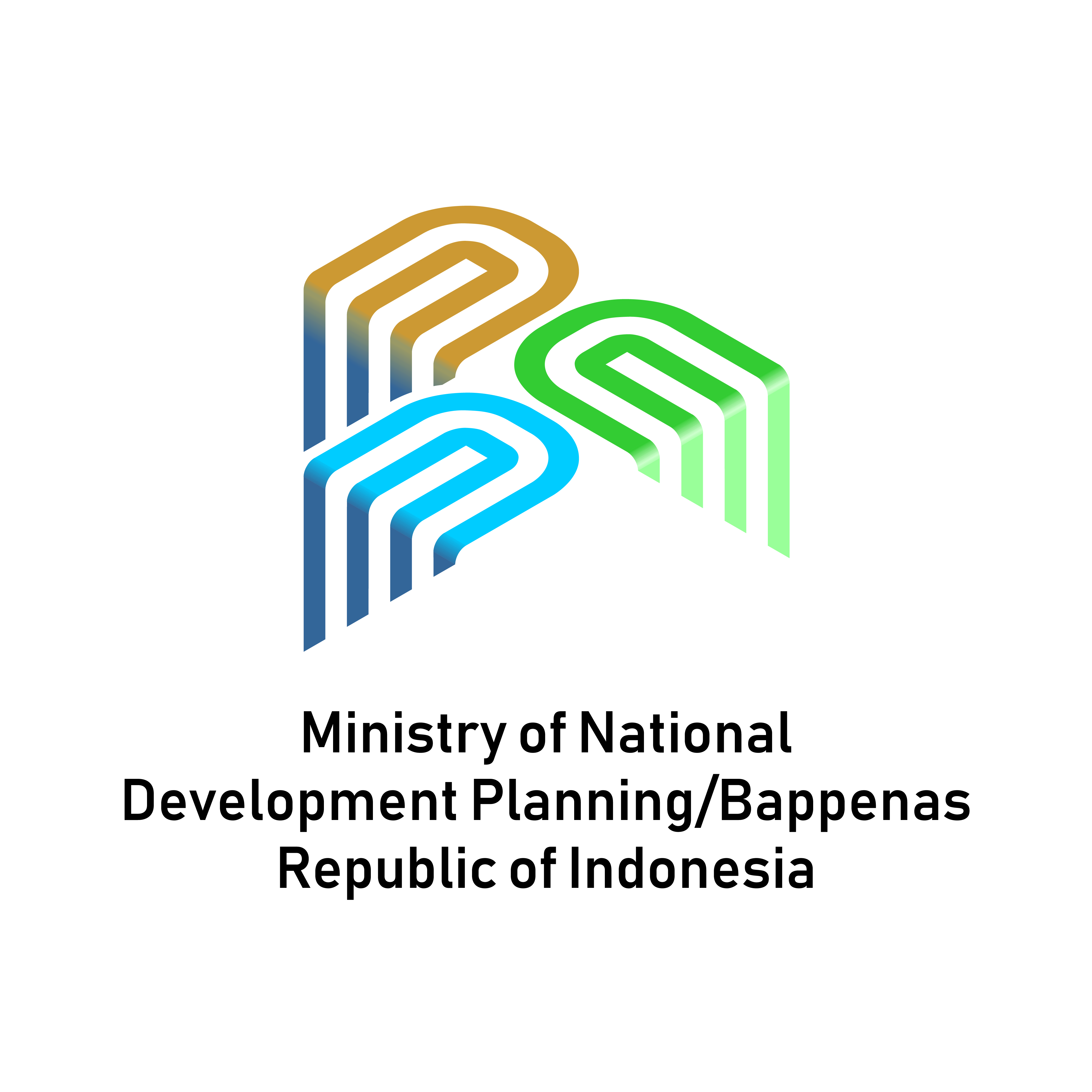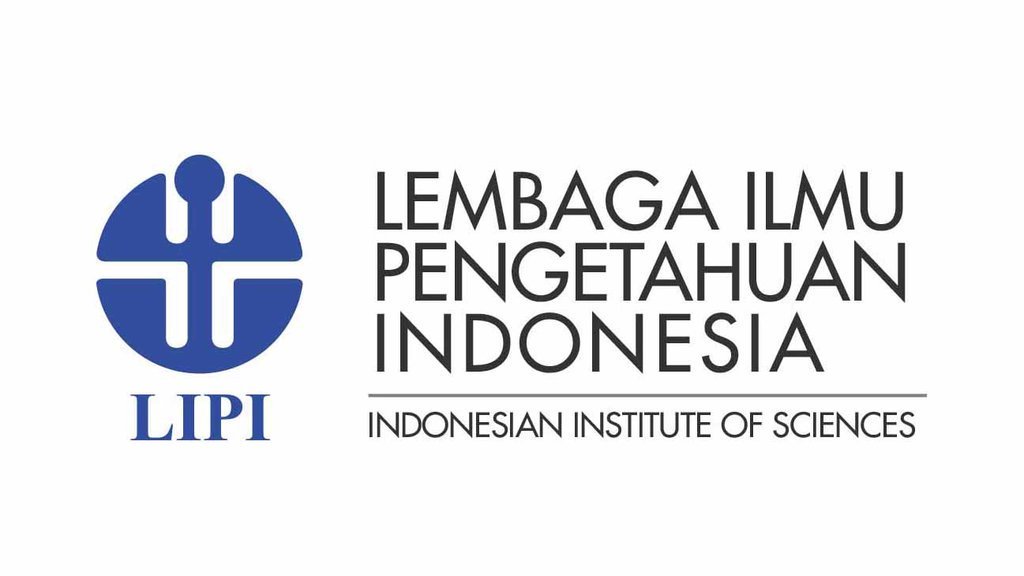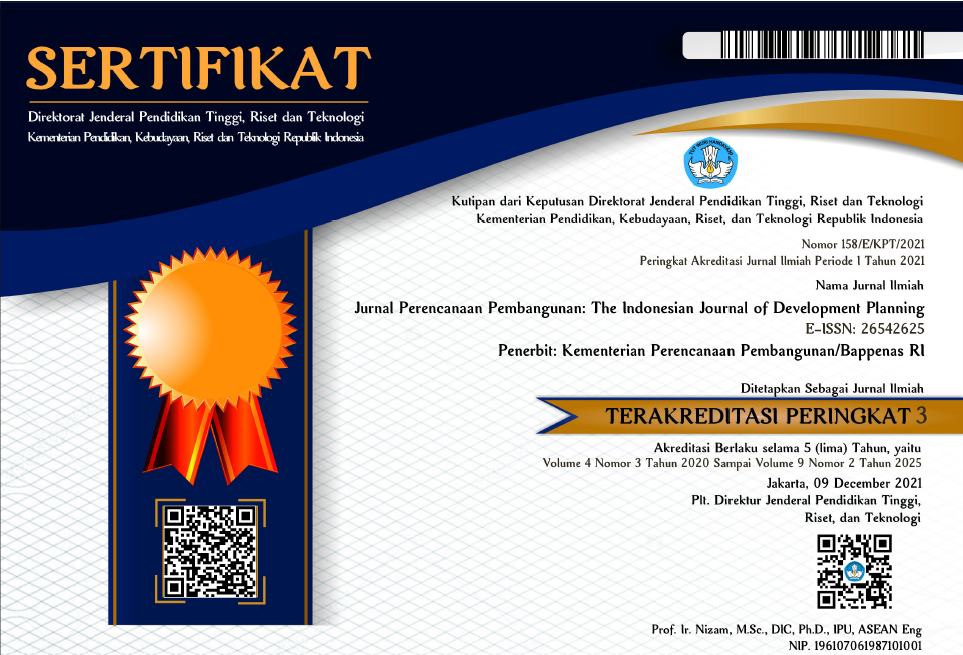Adaptive Governance for Building Urban Resilience: Lessons from Water Management Strategies in Two Indonesian Coastal Cities
DOI:
https://doi.org/10.36574/jpp.v1i2.16Keywords:
vulnerability, resilience, water-related hazard, coastal city, governanceAbstract
Using a combination of vulnerability and resilience frameworks, this paper examines governance challenges and strategies to coastal and water-related resilience in two Indonesian cities. It compares the methods that local governments have used to engage different stakeholders and enact various policy solutions, in order to understand how multi-scalar elements of governance influence vulnerability and adaptive capacity to water-related hazards. After discussing shocks and stresses of note that span the social, economic and environmental realm, a comparative analysis will be carried out for two large coastal cities in Indonesia, Surabaya, and Semarang. A combination of resilience frameworks as a basis for analysis reveals the different approach of each city to enhance resilience. While Surabaya centered on enhancing people participation and efforts internally, Semarang more focused on instituting comprehensive plans and external collaboration. These different approaches suggest that resilience can be built in different ways. A combination of adequate financing, technical capacity, excellent leadership, an understanding of the root causes and pressures, and long-term visions is necessary for impactful governance.
Downloads
Downloads
Published
How to Cite
Issue
Section
License
This is an open-access article distributed under the terms of the Creative Commons Attribution-NonCommercial-ShareAlike 4.0 International License. Copyright © Kementerian PPN/Bappenas RI


















